Lorem Ipsum is simply dummy text of the printing and typesetting industry. Lorem Ipsum has been the industry’s standard dummy text ever since the 1500s, when an unknown printer took a galley of type and scrambled it to make a type specimen book.
You may think that, as accountants, we all see the world in numbers. And speak in indecipherable tax codes and clauses. Well, you’re right, some accountants do. But, you’ll be happy to hear, we don’t.
Yes, we see numbers. But we see the living business behind those numbers. And we see you – the person behind the business. The face behind the figures.
And, yes, we know tax codes, regulations, compliance and every aspect of accountancy and tax law. But we talk to you in human language. Because we believe in communication. Not computation.
If you want to know a bit more about who we are and what we can do for you, please carry on browsing our website. If you’d prefer to speak to a human being, give Vijay Daswani a call on 08790 987 123.
We believe that every business, landlord and individual deserves to have access to high-quality accounting and tax advice, tailored to their specific needs. That’s why we offer a wide range of services, from bookkeeping and tax preparation to financial planning and business consulting.
We understand that every business and individual is different, and that’s why we tailor our services to meet your specific needs. We offer a wide range of accounting, tax and advisory services, including:
We also offer a variety of specialised services for businesses, such as Business setup, VAT registration, and company secretarial services.
For landlords, including portfolio landlords, we offer specialist integrated software to ensure your property portfolio is ready for the forthcoming MTD for ITSA rules due to enforced from 2026.
We also specialise in supporting individuals who need to integrate their property income with their self-assessment tax returns.
We understand the challenges that small businesses and individuals face, and we are committed to providing them with the support and guidance they need to succeed.
We are proud to be the financial cornerstone of our clients’ businesses. We work closely with our clients to understand their goals and challenges, and then we develop customised solutions to help them achieve their financial success.
Why do we call ourselves ‘human accountants’? Because we put people first. People like you. People with small businesses who need an accountant in their corner. Who need Cornerstone in their corner.
We know not everyone finds figures fascinating. But, to be honest, we do. Which is why we’re so effective at looking after your finances. But we also find what our clients do fascinating. We’re interested in you. We want to understand your business and what you want from it. Why? Because knowing about you, why you do what you do, your aspirations and goals, means we can help you achieve those goals.
We like to say we’re straight talking accountants. But, more importantly, we’re listening accountants too.


Why should you choose to work with us? Because we believe you’d prefer to understand what your accountant is saying to you. Because we think that you prefer straight talking conversations to confusing accountancy double-speak.
Of course, we use the latest software to enable our clients to keep tabs on their business performance (it’s really straightforward software too. Designed for real people to use. Not just accountants).
But our clients know we’re always here for them. Whether that’s a phone call, a video call or, if they prefer, a face-to-face chat. We’re not only here for them at the end of the tax year. We’re here for them – and you – all the time.
We do our most effective work when we know who you are. And by that we mean knowing why you started your business. Knowing what your business does. How you want to grow it. What sort of life you want to live. If you want to leave your business to your children as a long-term legacy. Or if achieving a sustainable work/life balance is the most important thing to you.
Knowing you. Who you are. What your aspirations are. Those are the things that will help us to develop a financial and tax structure that will give you what you want from your business. And from your life.

We can’t help you until we know who you are.
And you probably won’t want to work with us until you know who we are.




Lorem Ipsum is simply dummy text of the printing and typesetting industry. Lorem Ipsum has been the industry’s standard dummy text ever since the 1500s, when an unknown printer took a galley of type and scrambled it to make a type specimen book.

Lorem Ipsum is simply dummy text of the printing and typesetting industry. Lorem Ipsum has been the industry’s standard dummy text ever since the 1500s, when an unknown printer took a galley of type and scrambled it to make a type specimen book.

Ante nisl tortor ac pulvinar et a. Ac varius eget interdum ullamcorper turpis tempus. Aliquet turpis nunc imperdiet accumsan tortor aliquam sollicitudin at eu. Diam maecenas fusce in interdum.

Ante nisl tortor ac pulvinar et a. Ac varius eget interdum ullamcorper turpis tempus. Aliquet turpis nunc imperdiet accumsan tortor aliquam sollicitudin at eu. Diam maecenas fusce in interdum.
Cornerstone Accountancy is proud of the industry and community affiliations we uphold. We ensure our accreditations and status as certified partners, providing our clients with the confidence and certainty of our capabilities, professionalism and expertise that are underpinned by strong ethics and values.
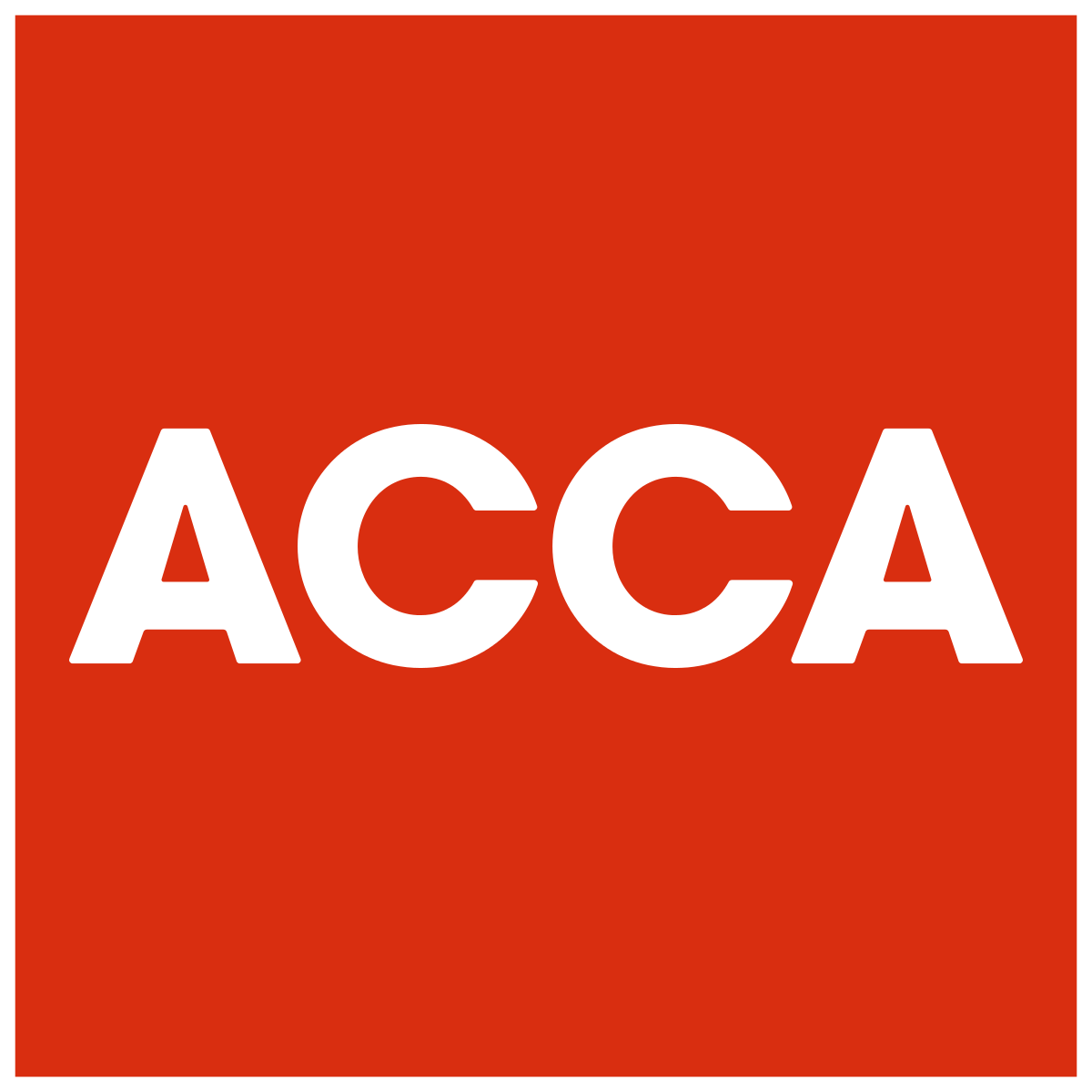
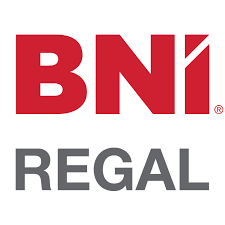
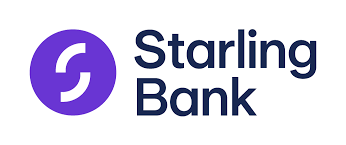
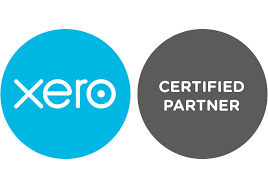
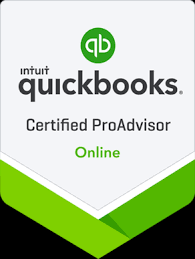
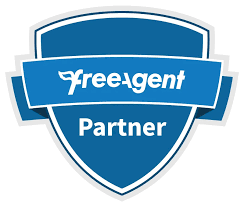

You need to file a self assessment tax return if you have any of the following types of income:
• Self-employment income
• Income from renting out property
• Investment income
• Income from overseas
• Capital gains
You also need to file a self assessment tax return if you are a partner in a business partnership, or if you have a high income and need to pay the High Income Child Benefit Charge.
The deadline for filing a self assessment tax return is 31st January. If you file your tax return after the deadline, you may be charged a penalty.
Here are some additional tips for completing your self assessment tax return:
• Gather all of your relevant documents, such as your P60s, bank statements, and investment statements.
• Start early and give yourself plenty of time to complete your return.
• It is often a good idea to seek professional advice from a qualified and experienced accountant or tax advisor to ensure your return is accurate and complete.
• File your return on time or before the deadline.
If you have any questions about your self assessment tax return, speak to your trusted accountant for expert advice.
there are many reasons why it may be beneficial to hire an accountant to prepare and file your self assessment.
• Accuracy: Accountants are trained to prepare tax returns accurately and in accordance with the latest tax laws. This can help to avoid costly mistakes that could lead to penalties from HMRC.
• Complexity: If you have a complex tax situation, such as self-employment income, rental income, or capital gains, it can be difficult to complete your tax return correctly. An accountant can help you to understand your tax obligations and ensure that you are paying the correct amount of tax.
• Time savings: Completing a self assessment tax return can be a time-consuming process. An accountant can save you time by preparing your tax return for you and ensuring that it is filed on time.
• Peace of mind: If you are unsure about how to complete your tax return or if you have any questions about your tax liability, an accountant can provide you with peace of mind by answering your questions and helping you to complete your return correctly.
Here are some specific situations where it may be helpful to hire an accountant to file your self assessment:
• You have self-employment income.
• You have rental income.
• You have capital gains.
• You have income from overseas.
• You are a partner in a business partnership.
• You have a high income and need to pay the High Income Child Benefit Charge.
• You have a complex tax situation.
• You are unsure about how to complete your tax return.
• You have any questions about your tax liability.
At Cornerstone Accountancy, we speak your language. We have the experience, qualifications, and expertise to make it easy for you.
Choosing an account in North London, or anywhere is an important decision for you and your financial affairs. A good accountant can help you save money on taxes, manage your cash flow, and make sound financial decisions. But with so many accountants out there, how do you find the right one for your business? When finding a good accountant, it is important to consider the following factors:
Qualifications: Look for an accountant who is certified or chartered and has experience in your industry.
Services: Make sure that the accountant offers the services that you need, such as tax preparation, bookkeeping, and financial accounting.
Fees: Get everything in writing, including the services that the accountant will provide and their fees.
Relationship: Make sure that you feel comfortable working with the accountant and that you can build a good relationship with them.
Here are a few more tips on helping you choose the best accountant for you:
It is important to find an accountant who offers the services that you need and whose fees are within your budget.
To choose the right accounting software for your business, you should consider the following factors:
To keep your accounting records up to date, you should follow these steps:
Whether or not you need an accountant as a landlord depends on a number of factors, including the size and complexity of your portfolio, your level of accounting knowledge, and your tax situation.
If you only have one or two rental properties and are comfortable with basic accounting tasks, such as tracking income and expenses, you may be able to manage your finances on your own. However, if you have a larger portfolio, or if your financial situation is complex, it is generally advisable to hire an accountant.
An accountant can help you with a variety of tasks, including:
Accountants can also be a valuable resource for landlords who are new to the business. They can provide guidance on everything from setting up your rental business to managing your tenants.
If you are unsure whether or not you need an accountant, it is a good idea to consult with an accountant. They can assess your individual situation and help you to make the best decision for your needs.
Here are some additional benefits of having an accountant as a landlord:
If you have any specific questions about whether or not you need an accountant, please do not hesitate to contact me.
There are a number of tax implications to consider when starting a new business in the UK. The main taxes that you will need to be aware of are:
In addition to the above taxes, there may be other taxes that you need to pay depending on the type of business that you run. For example, if you sell alcohol or tobacco, you will need to pay excise duty. If you employ staff, you will need to pay employer’s National Insurance contributions.
It is important to note that the tax implications of starting a new business can be complex. It is advisable to seek professional advice from an accountant to ensure that you are meeting all of your tax obligations.
Here are some additional things to keep in mind about the tax implications of starting a new business in the UK:
As a landlord in the UK, you are required to pay tax on the profits you make from renting out your property. This includes income from rent, as well as any other income you receive from the property, such as insurance claims or late payment fees.
To calculate your profit, you can deduct certain expenses, such as mortgage interest, insurance, repairs and maintenance, and letting agent fees. You can also claim capital allowances on the cost of your property and any improvements you make to it.
As an individual landlord, the amount of tax you pay will depend on your income tax band and the amount of profit you make from your rental property.
If you are a landlord, you must report your rental income and expenses to HMRC on your annual tax return. You must also pay any tax that you owe to HMRC by the deadline.
If you have any questions about your tax obligations as a landlord, you should speak to an accountant. A good accountant can help you calculate your profit, claim all of the allowable expenses, and pay the correct amount of tax.
Here are some additional tips for landlords:
Cornerstone Accountancy are specialists in accountancy for Landlords and we are happy to have a no obligation call to discuss your needs.
There are four main types of rental income in the UK:
It is important to note that the tax treatment of different types of rental income can vary. For example, residential rental income is taxed as income, while FHL income is taxed as capital gains.
If you are a landlord, it is important to understand the different types of rental income and the tax implications of each type. You should also speak to your accountant to get advice on how to structure your rental property portfolio in the most tax-efficient way.
Here are some additional tips for landlords:
If you have any questions about the tax treatment of rental income, call us at Cornerstone Accountancy for a no obligation conversation.
There are a number of different types of rental expenses that landlords can claim in the UK. These include:
Landlords can only claim for expenses that are incurred wholly and exclusively for the purposes of letting the property. This means that any personal expenses or expenses that are not directly related to the letting of the property cannot be claimed.
Here is a more detailed breakdown of some of the different types of rental expenses:
If you are a landlord, it is important to keep good records of all of your rental expenses. This will help you to claim the maximum amount of tax relief when you file your tax return. Speak to Cornerstone Accountancy to get help with understanding your tax obligations and claiming the correct amount of tax relief.
If you are an individual landlord, to report your rental income and expenses to HMRC, you will need to complete a Self Assessment tax return.
If you are a new landlord, you will need to register for Self Assessment. You can do this on the HMRC website.
Once you have registered for Self Assessment, you will need to complete a tax return each year for the tax year that has just ended. The tax year runs from 6 April to 5 April.
On your tax return, you will need to declare all of your rental income and expenses.
Rental income: This includes all of the rent that you receive from your tenants, as well as any other income that you receive from your rental property, such as insurance claims or rent refunds.
Rental expenses: This includes all of the costs that you incur in running your rental property, such as mortgage interest, insurance premiums, repairs and maintenance costs, and letting agent fees.
You can only deduct allowable expenses from your rental income to arrive at your taxable profits. Allowable expenses are those that are incurred wholly and exclusively for the purposes of your rental business.
If you make a profit from your rental business, you will need to pay income tax on this profit. The amount of income tax that you pay will depend on your income tax band.
Here are some additional tips for reporting your rental income and expenses to HMRC:
It is important to note that this is just a general overview of how to report your rental income and expenses to HMRC. Your specific situation may vary, so it is always best to seek professional advice from an experienced accounting firm like Cornerstone Accountancy.
Straight Talking Accountants who speak your language.
Working with local businesses, property landlords, self-employed, soletraders and individuals in North London, Finchley, Harrow, Barnet and Palmers Green.
© 2024 Cornerstone Accountancy, All rights reserved